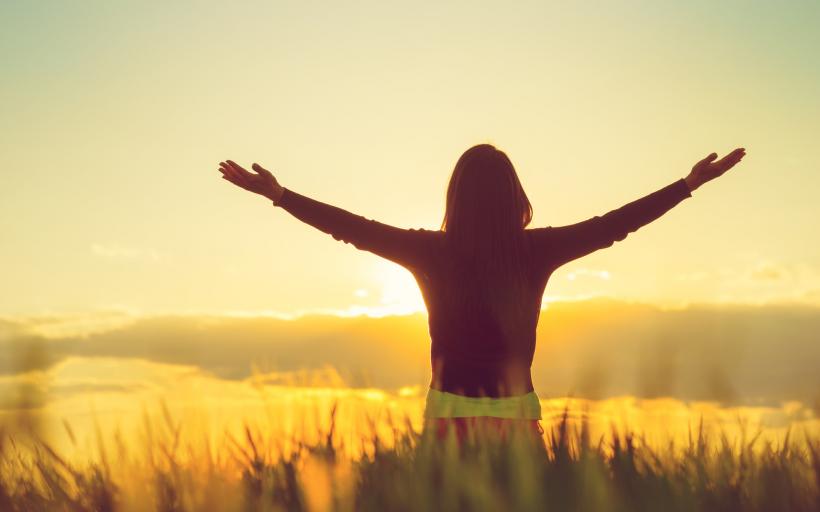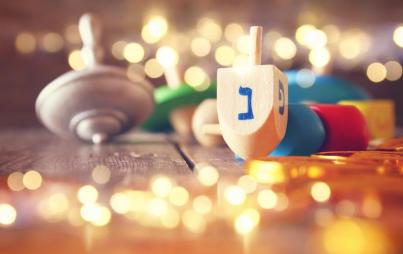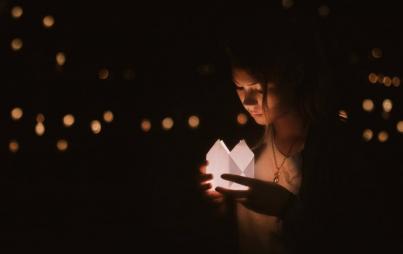
Trust your life experiences. Believe yourself. Ask the questions, and be open to the answers that take you by surprise.
I grew up in a very religious home and environment. It was a great experience in many ways. I developed a strong sense of justice, had lots of positive activity outlets that probably kept me out of trouble, and took every opportunity presented to experience other cultures and do humanitarian style projects. I learned how to talk to people from lots of different backgrounds, worked hard, and I formed an understanding of community and how to practically help people who need it.
But it also flipped my sense of self. With such strong dogma, I often felt as though I was bad or wrong for questioning my staunch religious culture.
Love and kindness held hands with shame and internal conflict. I questioned a loving god that I was created to be like, and also the church that told me that the very same god also created me to be inherently evil from conception. It was a confusing dichotomy to try to wrap my brain around.
The older I grew, the greater my internal conflict. In my late 20s, I began to disengage from that culture after a decade spent in service to it, including a year spent immersed in an East Texas cult-like environment and teachings. I was looking for a way to reconcile a loving god with the profound suffering I witnessed. I struggled to understand a religious culture that touted loving your neighbor as yourself and treating others as you would like to be treated, and seeing such disparity in actions and follow-through.
Sometimes those same communities of people even allowed open oppression. The divide between what I had been taught for three decades and where my own moral compass was directing me had grown vast.
I could eventually no longer bridge the distance.
I seek out opposing beliefs in an effort to understand, to keep my intuition sharp, and to better love those I with whom I disagree. I challenge myself with my peers, and hold a healthy respect for those who are older and have different life experiences. But I don't have an authority figure telling me what is so.
I started trying on different ideas and beliefs. I researched other religions and ways of practicing spirituality as a way to contain my deep empathy, sense of justice, and desire to continue helping communities in need.
And let me tell you, there were plenty of people willing to exploit what they saw in me, regardless of their various stated belief systems.
I wanted to believe in something beyond myself. I joined communities of self-love and reflection that served me for a time. I explored other religions and found wise people who helped me find and hone my own inner voice of truth.
I'm grateful for those experiences and people. But nobody could give me the direction I was looking for except myself.
I took the deep dive into my own intuition, broke toxic ties to belief systems and some select people, and adopted a new gospel.
I didn't need a guru.
I became my own.
That doesn't mean that I don't seek out advice, or have unanswered questions, or insulate myself from anything I don't agree with. In fact, it's quite the opposite. I seek out opposing beliefs in an effort to understand, to keep my intuition sharp, and to better love those I with whom I disagree. I challenge myself with my peers, and hold a healthy respect for those who are older and have different life experiences. But I don't have an authority figure telling me what is so.
What is right, what is true, and WHAT IS can only be determined by my own sense of self that is informed by my own life experiences and a desire to understand and love others.
On a practical level, being my own guru means that I trust myself. I can forgive myself when I make mistakes, and not get stuck in cycles of shame and despair. I can ask for help when I need it, and seek out important support like professional therapy and support when I can't get out of my own head. I can connect to my spirit and the divinity within and around me without a lingering sense of shame.
I can be fully me.
You can, too.
Trust your own intuition. Trust your life experiences. Believe yourself. Ask the questions, and be open to the answers that take you by surprise. Nobody is better at knowing you than you.







